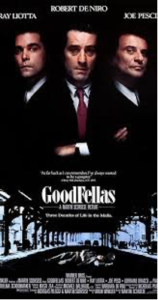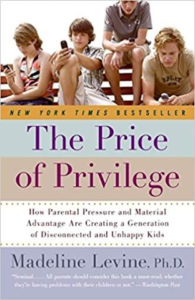My Take on the GameStop/Reddit Fiasco
“A scam is a scam. A fraud is a fraud.” – Emily Thornberry
Last week, I predicted that, despite the hype and bravado of those behind this fiasco, the share price of GameStop would eventually come back down to where it should be and tens of thousands of small fry investors would lose most (up to 90%) of the money they put into it.
Sadly, this is happening.
Here’s the way I saw it:
I’m not a studied investment analyst, but you don’t have to be one to understand what was going on here. Some very bright people on Reddit, posing as anti-Wall Street rebels, devised a very clever scheme to pump and dump a number of overly leveraged shorts in order to make a ton of money. And they did. The story they sold – taking down the hedge funds – was just a story. There was never any real possibility that the billions those hedge funds lost would put them out of business. But there was a very good chance that the early promoters would be able to get rich at the expense of the people that bought the story.
The takeaways:
There is a huge distinction between speculating and investing. If you don’t know the difference, you shouldn’t speculate. You should invest your stock money in a no-load index fund.
Hedge funds are allowed to manipulate the market. For years, they have been putting their gurus on TV to badmouth companies in which they have short positions, waiting for the prices to fall, and then returning their “borrowed” stock and cashing in on the difference.
When mom-and-pop investors play the same game and win (but just temporarily), you get to see all the sleazebags that are profiting from their unethical but legal hustles. And it’s not just the funds themselves, but the gurus they put on TV and the TV executives that allow them to play their dirty game at the expense of their listeners.
And let’s not forget the politicians and investment officials that came out calling for regulations to “protect” the little guys. People like Janet Yellen, who got paid $800,000 in speaking fees by the hedge fund Citadel last year for… well… for being the likely candidate for Treasury Secretary this year.
On a positive note, this fiasco may have a good result. Hedge funds will likely be a bit more careful on how far they go short. Retail investors will be reluctant to fall for the same scam twice. And when gurus go on TV to bring down share prices for personal gain, they will do so with more caution because they’ll know that millions of investors now understand the game. (And, by the way, that’s how a free market is supposed to work.)
If you’d like to understand more of the details of what happened, here are three links that do a good job of explaining it. (Most of the media explanations I’ve seen on the subject are confusing or just plain wrong.)
https://www.visualcapitalist.com/the-crazy-world-of-stonks-explained/
https://seekingalpha.com/article/4402481-why-gamestops-stock-price-go-up-explaining-squeeze
https://www.polygon.com/2021/1/27/22252600/gamestop-stock-gme-why-whats-happening-explain


